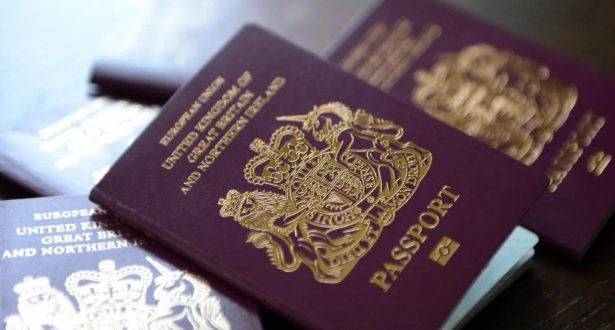- Get link
- X
- Other Apps
- Get link
- X
- Other Apps
Millions of people turn to the Internet every day for multiple reasons, from simple things like posting a tweet to remote work, especially in the context of social distancing due to coronavirus. The Internet has become a fundamentally used tool and allows access to multiple resources easily, although experts from a hacking course point out that it is also one of the main areas of operation for hundreds of criminal groups and illegal activities.
For years law enforcement agencies around the world have devoted considerable resources to combating illicit activities on the Internet, although acceptable results have been achieved, this is limited to what the cybersecurity community knows as “conventional Internet”, as cybercriminal groups still operate with relative freedom on dark web, a network that can only be accessed through specific tools and where most of the cybercriminal activity, so trying to enter this network is not recommended for conventional users.


According to agencies such as Europol and the FBI, this area of the Internet is mainly used by drug dealers, pedophiles, malicious hackers and for-hire killers. However, one of the fastest growing activities has shown the most recently is the sale of falsified documents, highly requested by suspected criminals, immigrants and even political refugees. Although this seems like a practice reserved for fiction, it has become a reality in multiple countries.
- Get link
- X
- Other Apps
Comments
Post a Comment